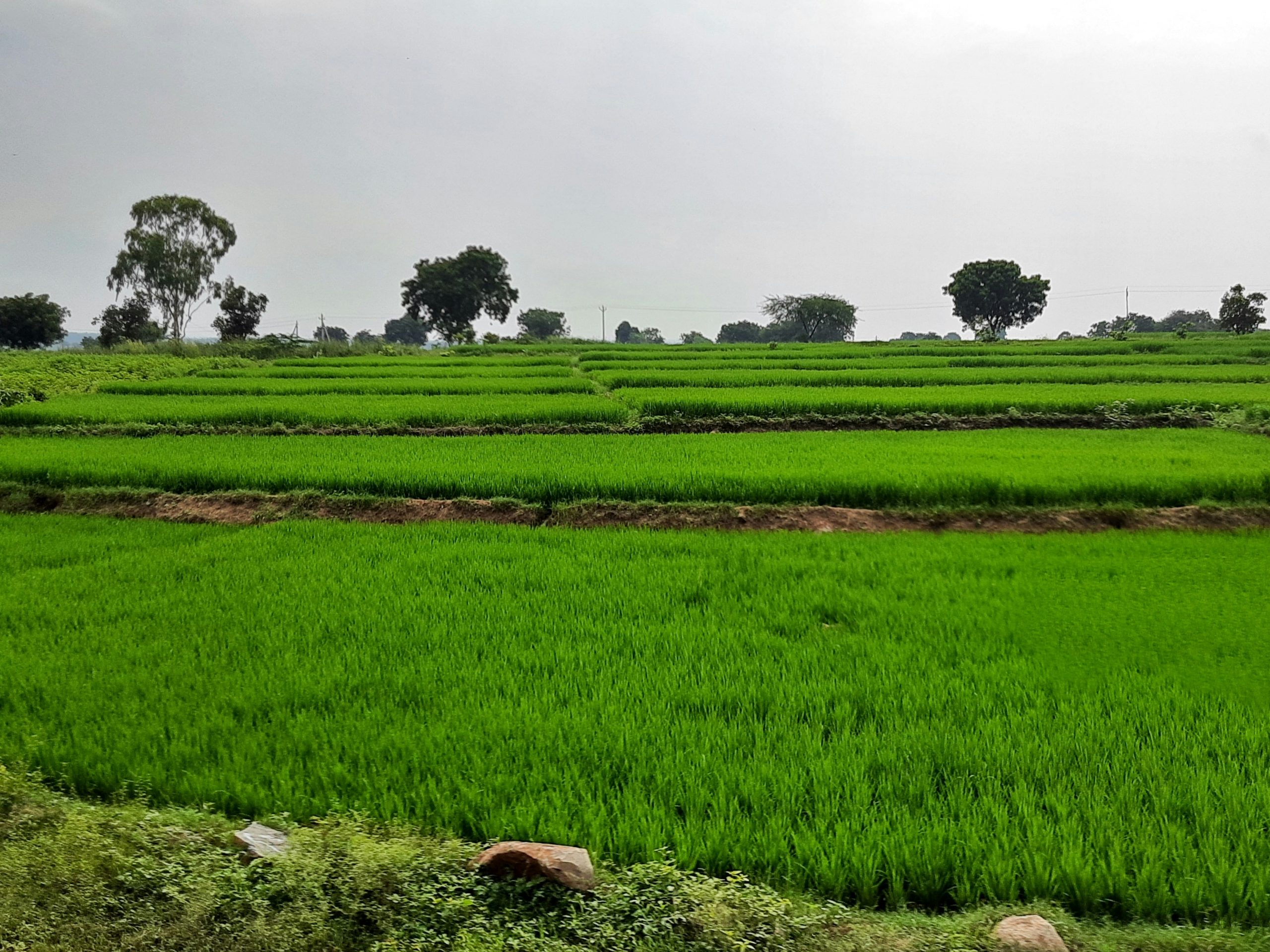- Pakistan SAF technology initiative to convert agricultural waste into sustainable aviation fuel.
- $121 million Sheikhupura facility Asia-Pacific’s first private-sector SAF project.
- Promises 300 jobs and 20,000 indirect opportunities.
Pakistan SAF technology developments are positioning the agricultural-rich nation as a potential dark horse in Asia’s race toward aviation decarbonisation. As Asian airlines face mounting pressure to reduce emissions amid global climate imperatives, Pakistan’s unique approach of converting agricultural waste into sustainable aviation fuel (SAF) could offer a regional model worth examining.
Converting an environmental problem into economic opportunity
The smog that blankets major Pakistani and neighbouring Indian cities each harvest season has become an annual crisis, driven largely by the burning of agricultural residue. The practice, particularly prevalent in Punjab province, releases particulate matter that compromises air quality across borders.
However, this challenge presents a technological opportunity that Pakistan’s emerging SAF sector aims to capitalise on. “Crop residues burned during both winter and summer in Pakistan represent an underutilised resource with immense potential for SAF production,” noted experts in an April 2025 report by The Express Tribune, highlighting a practical technological solution to an entrenched environmental issue.
The technology equation
Pakistan SAF technology implementation focuses on two principal conversion methods, each suited to different agricultural inputs:
- Hydroprocessing Esters and Fatty Acids (HEFA): For lipid-based feedstocks including used cooking oil and non-edible oils
- Alcohol-to-Jet (ATJ): Optimised for converting sugar-based inputs like wheat straw and rice husks
The technologies produce aviation fuels chemically identical to conventional jet fuel, requiring no aircraft modifications, and deliver substantially improved carbon profiles. A third technology using carbon dioxide capture remains in development but holds promise for further emissions reductions. Dr Adeel Ghayur, described by The Express Tribune as an “eminent energy scientist and expert in circular economy,” indicated that commercial SAF technologies can scale from 100,000 to one million tonnes of annual production capacity, with corresponding economic impacts.
Asia’s first private SAF project
The December 2024 announcement of a $121 million SAF facility in Sheikhupura represented a milestone not just for Pakistan but for all of Asia. According to Pakistan Today, the Asian Development Bank (ADB) has committed $86.2 million to the project, with the International Finance Corporation (IFC) providing $35 million. What makes this development particularly noteworthy in the Asian context is its designation by the ADB as “the first private sector-led SAF project in Asia and the Pacific,” excluding China.
For a region where state involvement typically dominates energy infrastructure, this private-sector approach merits attention from investors and policymakers across Asia. The facility is operated by SAFCO Venture Holdings Limited and owned by Taimur Shaikh and Ali Shaikh, and presents compelling environmental and economic metrics: projected annual production of 200,000 tonnes of SAF, reduction of 500,000 tonnes of carbon dioxide yearly, creation of 300 direct jobs, and facilitation of approximately 20,000 indirect employment opportunities in the supply chain and tertiary industries.
The regional competitiveness question
While Pakistan’s SAF ambitions are technologically sound, important questions remain about its competitiveness in an Asian market where Singapore, Japan, and South Korea have already established advanced biofuel capabilities.
The price difference remains substantial, with SAF currently commanding approximately $2,500 per metric tonne versus $700 for conventional jet fuel. For price-sensitive Asian carriers navigating post-pandemic recovery, this cost gap presents significant challenges to adoption.
Dr. Ghayur said in The Express Tribune that “strengthening R&D is essential for Pakistan to remain competitive in the global SAF market, secure its position as a hub for innovation, and maintain leadership as SAF adoption rises across Asia.” The acknowledgement reflects awareness of the technological race underway in the region.
For Asian nations with similar agricultural profiles – Bangladesh, Vietnam, Thailand, and Indonesia – Pakistan’s SAF initiative offers a potential template for converting agricultural waste into aviation biofuels and addresses seasonal air pollution events. The multiplicative benefits – enhanced energy security, emissions reductions, rural economic opportunities, and foreign direct investment – align with development priorities across South and Southeast Asia.
Four-dimensional solution
Pakistan SAF technology implementation addresses four interconnected challenges that resonate in developing Asian economies:
- Energy security: Reducing petroleum import dependence via domestic production
- Economic development: Creating value-added manufacturing with substantial job creation potential
- Foreign direct investment: Attracting capital for industrial-scale bioprocessing operations
- Environmental mitigation: Addressing agricultural burning emissions and aviation carbon footprints
Critical path forward
For Pakistan’s SAF sector to achieve its potential, several hurdles will need to be surmounted. First, continued investment beyond the initial Sheikhupura facility will be necessary to achieve meaningful scale. Second, as SAF technologies evolve, Pakistan will need to maintain technological competitiveness through sustained R&D investment. Finally, efficiency improvements in agricultural waste collection and transportation will be essential to maintain favourable economics.
The byproduct potential enhances the business case further, with SAFCO’s facility projected to produce 18,000 tonnes of bionaphtha annually for sustainable plastics production, according to Pakistan Today.
As Dr Ghayur concluded in The Express Tribune, “The comprehensive policy roadmap will serve as both a blueprint and a catalyst to propel Pakistan to the forefront of the global SAF revolution.”
While significant challenges remain in scaling production, optimising costs, and matching competitive alternatives, Pakistan’s SAF technology trajectory represents a distinctive approach to circular economy implementation with potential regional application across all of Asia’s agricultural economies.








